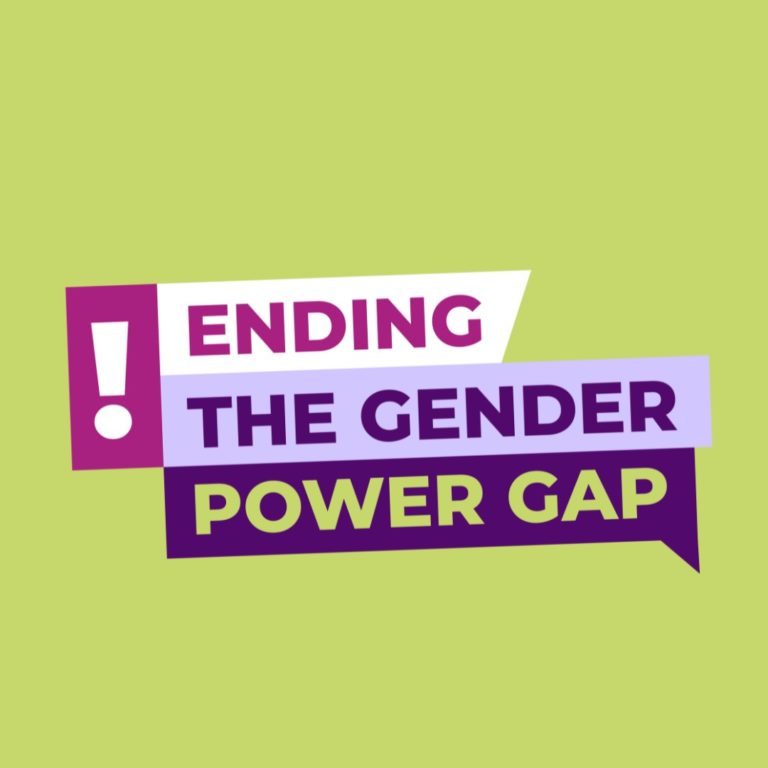[Brussels, 12 January 2016 ] On Tuesday 12 January, MEP Anna Hedh (S&D group, Sweden) hosted the Screening of “Honour” (“Heder”, in Swedish), a film based on a real case, that shows different forms of violence against women made in the name of “honour”. The screening was followed by a discussion with the crew of the film, European Parliament researchers and women’s rights organisations, such as the European Women’s Lobby and the Arab Women’s Solidarity Association Belgium AWSA-Be.
In her opening speech, MEP Anna Hedh highlighted the close links between honour-based violence and gender based violence. “Honour-based” crimes receive this name because of the motivation of the perpetrators that is redressing a perceived loss of honour. “However, women are the majority of the victims of honour crimes as its behaviour is the one that is judged on the basis of rules and traditions that are patriarchal and often established by men”, Ms Hedh stressed.
The Screening came after the publication in December 2015 of a Briefing note on “Combating ‘honour’ crimes in the EU” released by the European Parliament Research Studies (EPRS). During the debate after the screening of the film, Martina Prpic, author of the research, stressed the fact that “patriarchy is considered the root cause of honour-based crimes” and recommended “not to attribute them solely to immigrant culture and religion”. Ms Prpic also informed about the controversy around the definition of ‘honour’ crimes and the lack of accurate data in the EU, which is linked to the fact that most ‘honour’ crimes are unreported. In the UK, there are approximately 3000 attacks per year and a murder per month motivated by the notion of “honour”.
Pierrette Pape, Policy and Campaigns Director at the European Women’s Lobby (EWL), highlighted how “violence against women is a consequence of the imbalanced power relations between women and men”. In the same regard, violence against women made in the name of “honour” is an illustration of the gender inequalities that are still present in our societies. Ms Pape praised how the film “Honour” manages to represent different types of gender-based violence such as forced marriage, virginity testing, harassment, murder, etc. These types of violence are very much linked to the culture of sexism and the collective understanding of a certain (detrimental) form of masculinity. International legal instruments such as the UN CEDAW Convention and the Council of Europe on preventing and combating violence against women and domestic violence (the Istanbul Convention) specifically address the issue of “honour”-related crimes insisting on the fact that tradition or so-called “honour” cannot be seen as justification for any act of violence against women. In this regard, the EWL has been calling for ratification an adequate implementation of the Istanbul Convention in all the European countries and for the EU’s accession to the Convention. More concretely, Ms Pape stressed the need to protect migrant women in Europe by providing them an effective legal status that doesn’t make them depend on their family situation, in order to be able to flee a situation of male violence. Furthermore, the EWL calls for all asylum procedures to comply with the UNHCR Guidelines on International Protection and to include gender-related persecution as a ground for asylum.
Alicia Arbid, representing AWSA-BE, Arab Women’s Solidarity in Belgium, praised the movie as a tool to work on prevention and insisted on the need to put a focus on preventative measures to end crimes in the name of honour, working specifically as well on the issue of masculinities. “As shown in the film, women’s sexuality keeps being a taboo issue in our societies”, Ms Arbid said. AWSA-Be is an association composed of men and women of Arab, Belgian and other origin, whose activities aims at encouraging women from the Arab World to free themselves from any form of domination, to break down stereotypes and to promote solidarity in favor of the emancipation of women and living together in diversity. AWSA-Be also works to develop an understanding of women’s problems in their respective societies. Finally, Ms Arbid stressed on the need for adequate protection services to women victims of crimes in the name of “honour” and other forms of male violence. This includes effective and holistic support to address the psychological and economic needs of these women.



